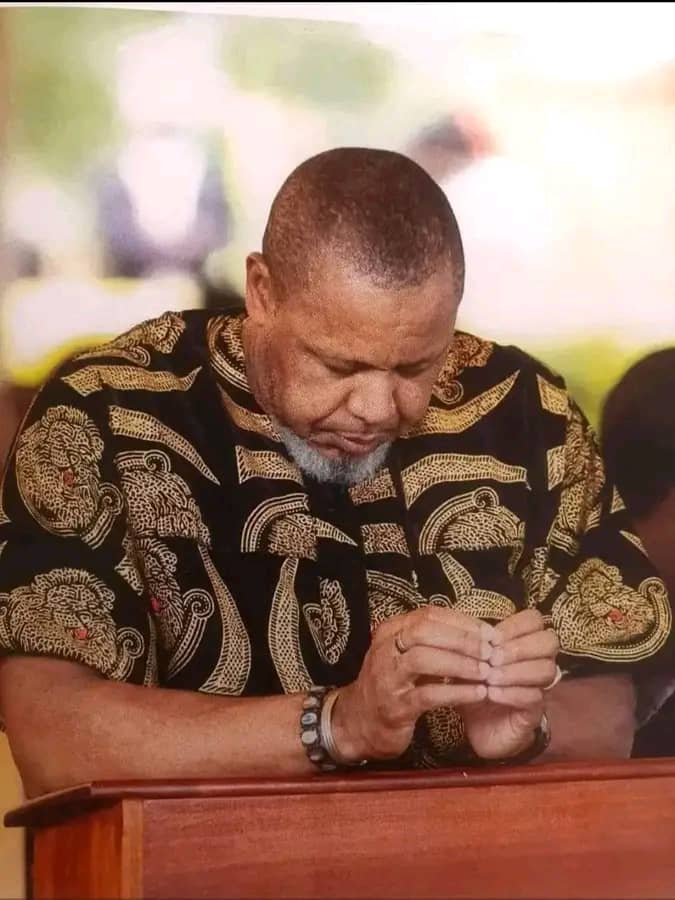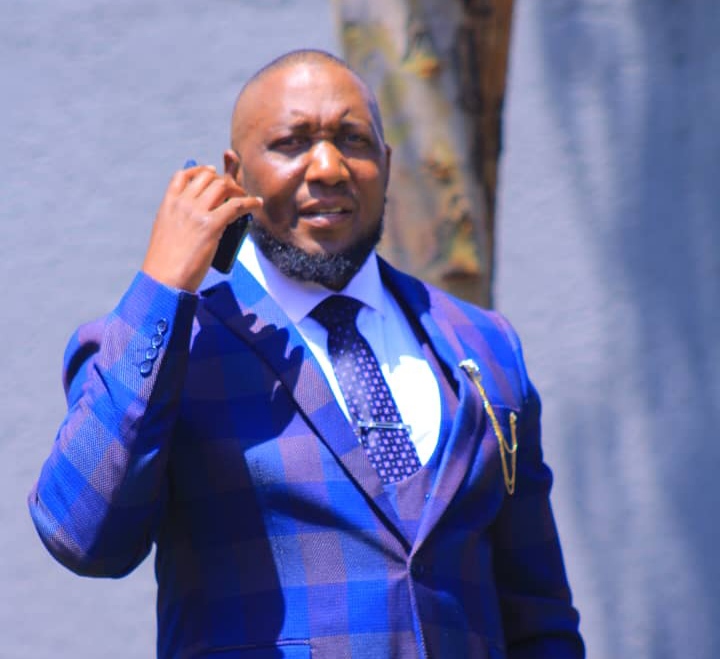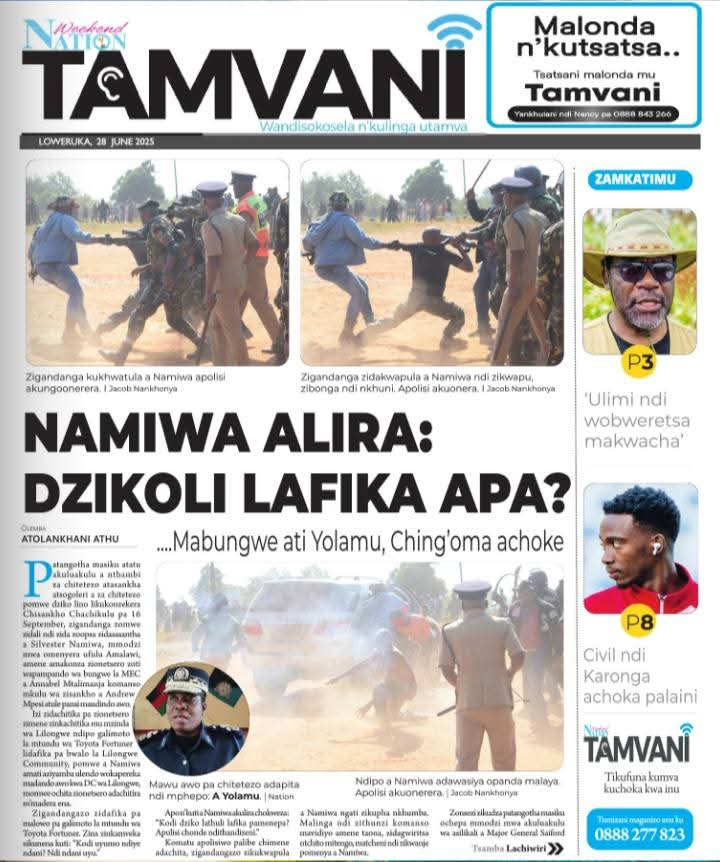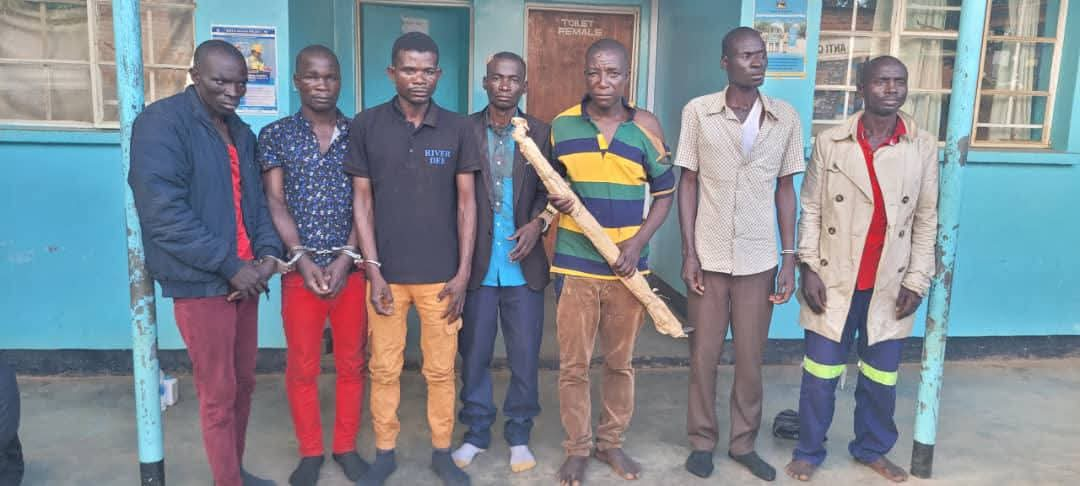By Burnett Munthali
In a year dominated by economic challenges, political infighting, and calls for accountability, one story stood head and shoulders above the rest in Malawi’s media: the sudden death of Vice President Dr. Saulos Chilima on June 10. The tragedy not only stunned the nation but also profoundly shifted the political and emotional trajectory of Malawi in 2024.
On June 11, President Lazarus Chakwera confirmed Chilima’s untimely passing in a somber televised address. While details surrounding his death remain a matter of intense public speculation, the incident has become a flashpoint in the nation’s collective consciousness, touching on themes of governance, trust, and Malawi’s democratic future.
Chilima, who served as Vice President from 2014, was a polarizing yet admired figure in Malawi’s political arena. His tenure was marked by bold reforms and a tireless advocacy for transformational leadership. As leader of the UTM Party, his partnership with Chakwera in the 2020 presidential election under the Tonse Alliance was pivotal in unseating the Democratic Progressive Party (DPP).
However, cracks within the alliance soon emerged, with Chilima frequently sidelined in key government decisions. His death has reignited discussions about the nature of his political struggles and the toll they may have taken.
The circumstances surrounding Chilima’s passing remain shrouded in mystery. Initial reports suggested a medical emergency, but rumors of foul play quickly gained traction on social media. Critics, including opposition leaders and activists, have called for an independent inquiry, citing Malawi’s fraught history of political eliminations.
The government, however, has been tight-lipped, fueling speculation and frustration among citizens. “We deserve answers,” said one protester during a vigil in Lilongwe. “This isn’t just about Chilima; it’s about the safety of every Malawian who dares to speak up.”
Chilima’s death has left a void in Malawi’s political landscape. His absence has already triggered leadership struggles within the UTM Party and reshaped alliances ahead of the 2025 general elections. Analysts argue that his demise has handed the opposition, particularly the DPP, an unexpected advantage, while exposing the fragility of the ruling coalition.
President Chakwera, in his eulogy, described Chilima as a “dedicated servant of the people,” but the strained relationship between the two has not gone unnoticed. Critics argue that Chilima’s marginalization within the government is emblematic of the very issues he sought to reform—political exclusion and lack of accountability.
Malawi’s streets were flooded with grief in the days following Chilima’s death. Thousands attended his state funeral in his hometown of Ntcheu, a testament to his enduring connection with ordinary citizens. “He was one of us,” said a young woman, clutching a UTM flag. “He dreamed of a better Malawi, and that dream must live on.”
For the media, Chilima’s death was more than a headline; it was a call to action. News outlets across the nation dedicated extensive coverage to the event, probing not just the man but the systems he sought to change. The story united a fractured press corps, with even rival outlets agreeing on its significance.
As 2024 draws to a close, the legacy of Dr. Saulos Chilima looms large. His death has not only marked a turning point for Malawi but has also reminded its citizens of the fragility and promise of democracy. While his life was cut short, the debates he sparked—and the vision he championed—continue to shape the nation’s discourse.
For Malawians, Chilima’s story is not merely history; it is a challenge to build a future worthy of his sacrifices.





